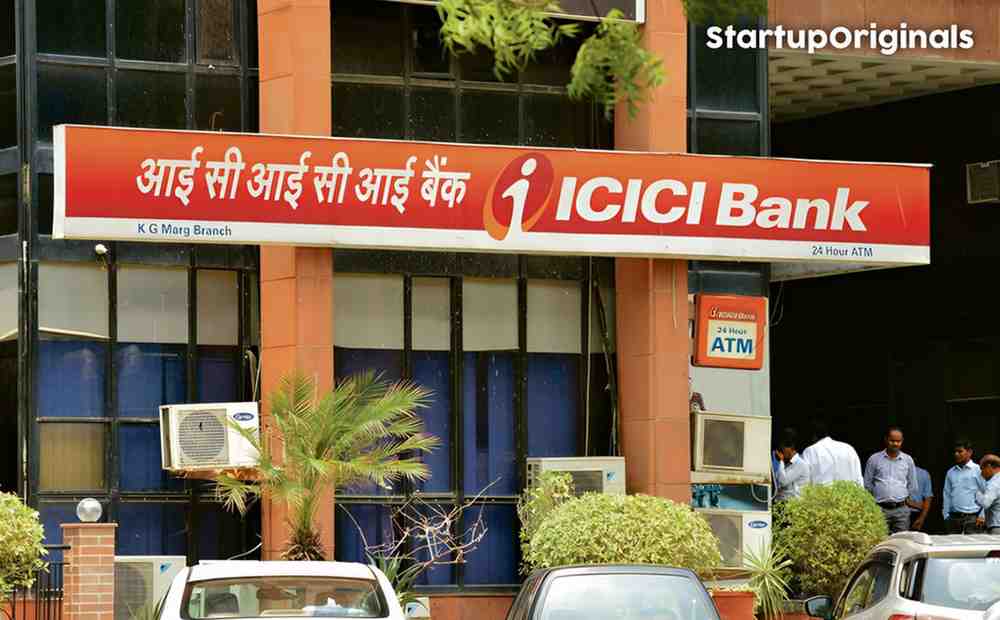
Knot.dating, the Indian AI-powered matrimonial app, has stirred heated debate with its unique approach-only men earning at least ₹50 lakh per year are allowed to register, while no salary bar exists for women. Recently, new data released by the app’s co-founder, Jasveer Singh, offers a fresh perspective that counters much of the criticism seen online.
User Demographics: Women at the Top of Their Careers
Responding to backlash that labeled the platform “elitist” and “classist,” Jasveer Singh published statistics showing that over 50% of the women on Knot.dating earn more than ₹30 lakh annually, and many work at top multinational corporations (MNCs) or startups. These users often have impressive educational backgrounds-ivy league, IITs, and IIMs feature prominently. Singh emphasized that these women have “worked hard to reach there,” pushing back against allegations that the platform simply attracts “gold diggers.”
The App’s Philosophy: Ambition Over Wealth
Jasveer Singh clarified that the platform is not just about income, but about ambition. The ₹50 lakh threshold for men is meant to signal drive and clarity of intent, not just a high paycheck. “It’s not about the money-it’s about ambition,” Singh explained, arguing that the filter helps focus the community on those serious about long-term relationships.
He added that the user base proves people are joining for the perceived value, not because anyone is being forced.
Tackling Online Criticism: Class, Elitism, and Indian Society
The controversy about Knot.dating has gone viral, with many social media users accusing the app of promoting elitism and classism. In his recent comments, Singh didn’t shy away from addressing these issues, stating that class divides exist everywhere in Indian society-from the household staff to corporate power structures.
Using real-world analogies, he pointed out that privilege and hierarchy are facts of life: “Your maid can’t sit on your sofa and watch Netflix,” and “A software engineer can’t walk into the CEO’s cabin and sit on their chair.” He argued that the app merely reflects broader social realities, rather than creating new divides.
A Top-Down Approach and Future Plans:
Knot.dating, according to Singh, follows a top-down go-to-market (GTM) strategy-starting with high-earning singles and possibly opening up to broader segments in the future. He said the intention is to ensure shared intent and aligned ambition among its members, with every profile undergoing rigorous background checks and being assigned a personal relationship manager.
Netizen Reactions: A Divided Response
Reaction online has been mixed. While some users acknowledge the realities of income, caste, and class biases in Indian matchmaking, others feel Knot.dating is reinforcing problematic structures rather than challenging them. Singh, in response, commented that “we are not in the business of solving inequality,” reinforcing his view that the platform simply mirrors real-world choices.
Conclusion: Rethinking Modern Indian Matchmaking
With its strict entry bar for men and data showing highly accomplished women, Knot.dating is challenging stereotypes and igniting debates about ambition, privilege, and social mobility in modern India’s matrimonial landscape. Whether you view it as a mirror of society or a catalyst for deeper conversations, the app is certainly changing how Indians approach the search for a life partner.




